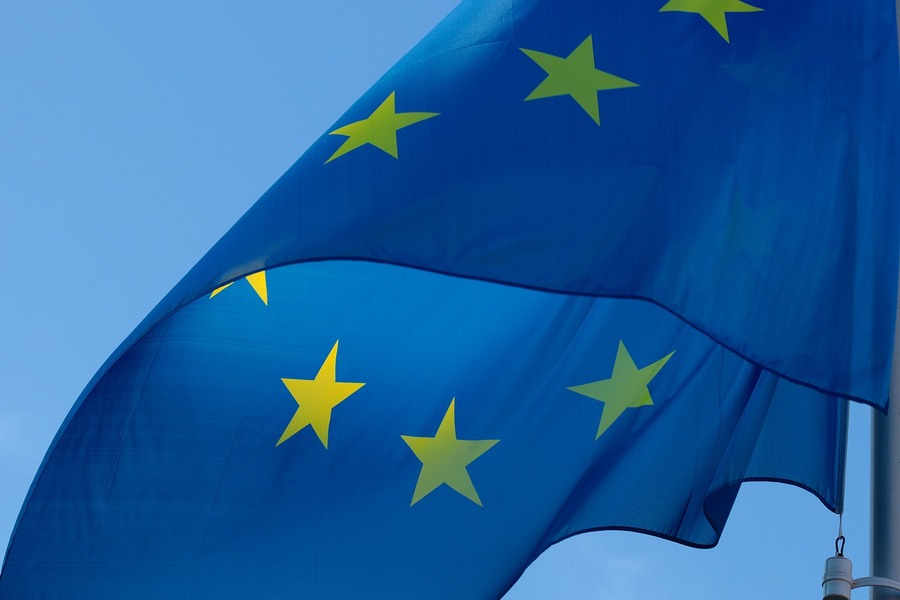
EU anti-money laundering & counter-terrorism financing policy & its impact on civil society
June 28, 2023
EU Commission adopts proposal on nonprofit cross-border activities
September 8, 2023Election season may be resulting in some inertia at the EU but that does not mean the fundraising community should sit still, says our correspondent from Brussels Patrick Gibbels in this month’s column.
The second half of 2023 is looking to be a hectic period for the EU to say the least. With several major crises already disrupting the Brussels decision-making scene, and the Spanish EU Presidency in disarray due to internal political struggles, the upcoming EU Parliamentary elections are expected to further paralyse the regular policy agenda, causing inertia in the files that are relevant for the fundraising community.
Slow moving files
Over the past year(s) we have been following a number of items on the Brussels policy agenda, on behalf of EFA, that directly or indirectly affect fundraisers and NPOs, such as the e-Privacy regulation, and potential new rules on unaddressed advertising. It can be incredibly challenging for NPOs to determine which EU rules apply to them and how to properly comply. Legal certainty in key areas such as donor outreach and data maintenance is therefore crucial. However, due to their sensitive nature, these files are already notoriously slow-moving and subject to much lobbying, which causes legal uncertainty for all stakeholders involved. Recent crises such as the ongoing situation in Ukraine and the European Parliament’s very own scandal “Qatargate” have slowed things down even further.
EU presidency challenges
As if that is not challenging enough, the Spanish EU Presidency is in disarray due to their own election woes back home. The EU Council is the collective of 27 Member States, and is responsible for setting the EU policy agenda. Every six months, another EU Member State takes the Presidency of the Council and therefore strongly influences said agenda. But since Spain is currently in a governmental crisis of its own, it is unable to carry out the EU Presidency in a unified manner, which causes many policy items to be put on hold – likely until January when the Belgians take over the EU Council Presidency. To top it all off, next June, a new EU Parliament will be elected. This means that after the summer, MEPs seeking to be re-elected will start focusing on their re-election campaigns which, again, hampers the progress of current policy negotiations.
An opportunity for the fundraising community
So, does this mean that we will just have to sit back and wait for things to start moving again? No. I would argue that this period can uniquely be used as an opportunity to make the needs of the fundraising community known. Members of the European Parliament tend to be more susceptible to external input when seeking to be re-elected, and promises might be made a little easier. Organizations that have an interest in influencing EU decision-making would do well to think about running their own campaigns during these election times. Well targeted campaigns can result in commitments made by decision-makers now, that can help the sector in its negotiations later, once the election dust has settled. EFA remains at your disposal.

Patrick Gibbels, Gibbels Public Affairs
About Patrick Gibbels
Patrick is EFA’s public affairs columnist in Brussels.
He is the director of Gibbels Public Affairs.
Follow Patrick @GPA_Brussels.
Read more from Patrick in our View from Brussels column here.
Picture by anisenior on Pixabay




